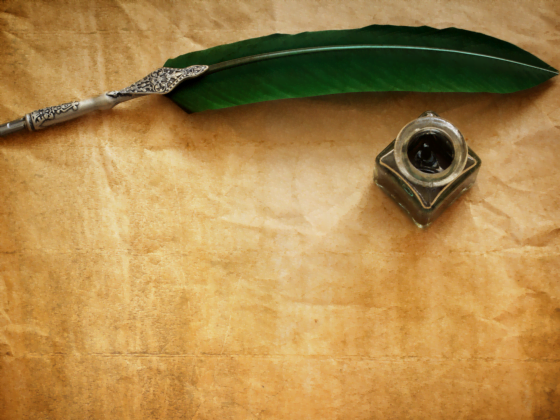QUESTION:
Some people say that Sayyida Fatima and the women of Ahlul-Bayt wore the Niqab. Some people say this was not the case and that there are narrations where people describe Sayyida Fatima’s face. What is the correct understanding on this matter?
I recently read that before, Reza Shah of Iran banned the niqab, all women in Iran wore it. When he banned it, the scholars were upset because they thought it was obligatory, and women refused to leave their houses after the ban. Why did classical scholars say it was obligatory, but today no authority says this? I also heard that some scholars, like Ayatollah Morteza Motahhari of the Iranian regime, said that the Niqab was an innovation. What is the correct ruling on this according to you, Shaikh?
Samer Kazemi
ANSWER:
In the Name of Allah, the All-Beneficent, the All-Merciful.
May Allah bless Muhammad and his Family and damn their enemies.
Lady Fatima al-Zahra (peace be upon her) used to veil her face and so did all the women of the Household (peace be upon them) according to the Islamic ruling on this matter. However, in regards to the narrations in which there is a description of Lady Zahra’s face narrated by strange men, these narrations are either:
Not dependable or authentic as they were either reported by the opponents of Ahlul Bayt (peace be upon them) or by some weak and unknown narrators
Reported by someone who did not directly look at Lady Fatima’s (peace be upon her) face. Rather, the narrator was with the Prophet (peace be upon him and his pure family) and reported what the Prophet had told him about Lady Fatima’s condition at that time
Reported by an elderly man – such as Salman al-Farsi (may Allah be pleased with him) who is according to the Islamic ruling an elderly man who lacks desire. This group of men is within the groups listed in the Quran to whom women are permitted to reveal their faces:
And tell the believing women to lower their gaze and be modest, and to display of their adornment only that which is apparent, and to draw their veils over their bosoms, and not to reveal their adornment save to their own husbands or fathers or husbands’ fathers, or their sons or their husbands’ sons, or their brothers or their brothers’ sons or sisters’ sons, or their women, or their slaves, or male attendants who lack vigour, or children who know naught of women’s nakedness. And let them not stamp their feet so as to reveal what they hide of their adornment. And turn unto Allah together, O believers, in order that ye may succeed.
Quran 24:32
It is compulsory for every Muslim woman to cover her face if there is a fear of any kind of causing temptation and attraction to men, such as if the woman is young, good-looking and knows that men would enjoy looking at her face. In fact, even if that was not the case, and the woman has a form of adornment on her face, such as make-up, plucked eyebrows etc., she is obligated to cover her face in the presence of non-Mahrams.
Moreover, a Muslim woman must cover her face even if she was not good looking and did not have any make-up on, for example, but leaving her face uncovered attracts men to look at her or becomes a cause of mischief, such as conversing humorously with men.
Therefore, the majority of our women today, especially young women, are obligated to cover their faces. This is the Islamic ruling issued by the classical as well as contemporary jurists, such as Grand Ayatollah Sayed Sadiq Shirazi (May Allah prolong his life).
However, in regards to Mutahhari’s statement on this matter; he was neither an authority, nor was he eligible for issuing verdicts to take his opinion into account. He had, in fact, deviant beliefs, behaviors as well as some views which go in opposition to the teachings of Ahlul Bayt (peace be upon them).
The Office of Sheikh al-Habib





